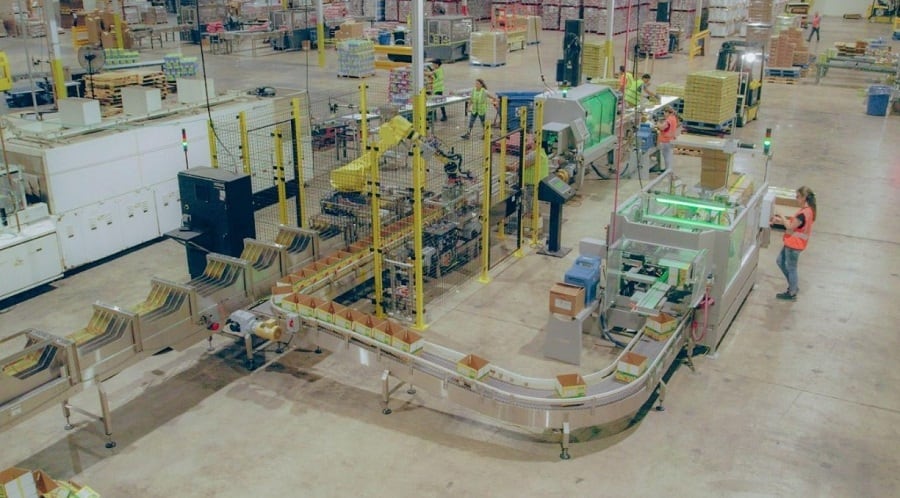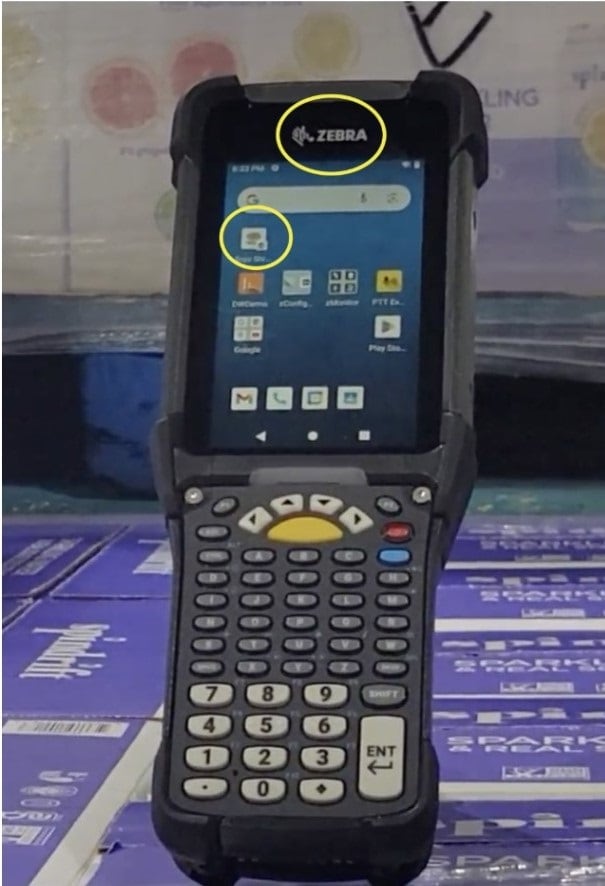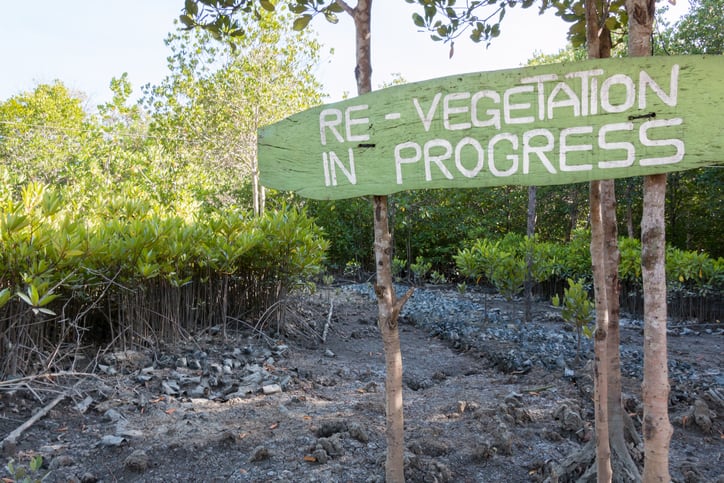Variety packs across categories are booming, as consumer prefer choice and convenience, Barak Bar-Cohen, founder and CEO of Sojo Industries, explained to FoodNavigator-USA.
Yet, creating variety packs often is inefficient and unsustainable. Bar-Cohen saw an opportunity to build Sojo Flight as a convenient, cost-and-energy effective solution; along with its brick-and-mortar facilities, Sojo Sprint.
Prior to Sojo, Bar-Cohen served as an early investor and former chief operating officer of Bai, where he identified the white space in creating a more automated and climate-responsible system. Traditionally, flavors were filled in different facilities across the country, and then transported to a central facility to be packed manually, which ultimately created a number of pain points for Bai and its customers.
“If you think about variety packs, most brands do not own their own manufacturing, distribution and warehousing. So [they] end up in situations where one flavor is produced on the East coast, one flavor produced in the Southeast, one flavor produced in the Midwest,” he elaborated.
In response to the convoluted process that adds transportation costs, carbon emissions and manual labor, Bar-Cohen said he developed Sojo’s mobile solution to bring robotic and automated production to its customers with climate in mind.
“There are a lot of beverage brands out there that are trying to appeal to consumers who care about being climate responsible. We’re [reducing] CO2 [from transportation] and [minimizing] packaging from manufacturers because there is less use for shrink wrap when we are only moving a few hundred feet,” he detailed.
Meeting unmet needs for agility, convenience and sustainability
Sojo’s mobile service, Sojo Flight, addresses manufacturing complexities for brands, contract manufacturers and 3PLs by essentially consolidating packing, labor and inventory into one with its own equipment, Sojo-trained line managers and a warehouse management system. A portable, one-stop shop.

One of the challenges the company faced was addressing limited power without adding more lines and cost when visiting a facility. Sojo’s patented, aggregated connection plugs into the power source and includes a built-in transformer and a 250-foot extension cord that can reach into rafters and run to the other side. The connection also has built-in cameras for technicians to easily troubleshoot.
“How do you get power without running lines all over the place and bringing commercial electricians and spending a lot of money and time? One thing we’ve done is file a handful of patents around the notion of leveling, anchoring, transporting and powering these lines when it comes to manufacturing in the variety pack space,” Bar-Cohen elaborated.
The company also opened three brick-and-mortar facilities, Sojo Sprint in three interstate-accessible cities across the country—a 100,000 square foot facility in Bristol, Pennsylvania and facilities in Redlands, California and Indianapolis, Indiana.
“We make variety packs in those locations,” Bar-Cohen explained of Sojo Sprint. “Those locations act as a hub and spoke from which we launched Sojo Flight, and we will go to warehousing and manufacturing facilities all over the country from those locations and they support it.”
Addressing traceability per FSMA guidelines
The company’s block chain technology addresses the “incredibly complex web of tracking and traceability,” for most brands that do not own production and distribution, Bar-Cohen explained.
Using its own dock-to-dock tracking and tracing SaaS platform, Sojo Shield “provides geo-location-based blockchain secure information on the whereabouts of pallets across the supply chain ecosystem based on QR-code generated license plating that can be accessed from anywhere on any device,” Bar-Cohen elaborated.

“The use of blockchain technology in the supply chain environment ensures that customers and vendors are viewing information about their products such as lot codes, expiration dates, ingredients, packaging inputs and assembly data as ‘single truth’ via a secure ledger that everyone can view simultaneously and nobody can manipulate individually,” Bar-Cohen added.
In response to the Food Safety Modernization Act’s (FSMA) food traceability regulations, Sojo Shield is designed for brands and packers to track “pallets across the supply chain ecosystem in minutes, not hours or days,” creating an efficient and fully traceable system that prevents foodborne illnesses which impact the health of one out of six Americans every year.
Seeing savings ‘right out of the gate’
Bar-Cohen explained that despite the complex elements of variety packing—whether it’s a three-flavor 15 pack or 12-flavored 12 packs—customers see savings “right out of the gate.”
“For the cost of freight, you are seeing between 50 cents and $1.20 per case for a full trailer of a few thousand cases. So, if do not need to ship it out, then you can share those savings with the co-packer, the brand and be climate responsible along the way,” he elaborated.
In terms of Sojo Flight’s footprint, Bar-Cohen said that the company reduced 1.4 million pounds of carbon dioxide, or the equivalent of 418 flights from Newark to Los Angeles—highlighting the sustainability impact of companies across the supply chain.




